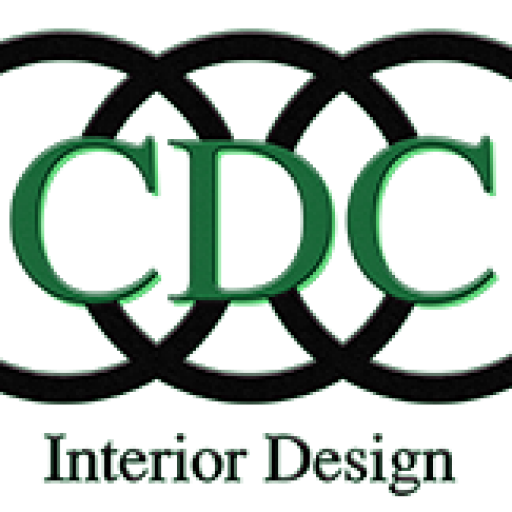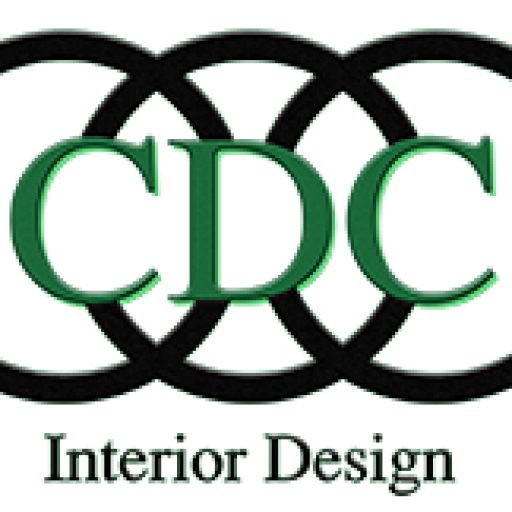The Mental Health Market is a highly diverse and dynamic sector, driven by a wide range of service offerings, disorder types, and end-user categories. The market can be segmented by service type into inpatient services, outpatient services, telehealth services, and emergency mental health interventions. Inpatient services provide intensive care for individuals with severe mental disorders who require hospitalization and round-the-clock supervision. These programs often include psychiatric evaluation, medication management, psychotherapy, and rehabilitation, ensuring patients receive comprehensive care in a controlled environment. Outpatient services, on the other hand, offer therapy, counseling, and rehabilitation while allowing patients to maintain their daily routines. This segment is growing rapidly due to the increasing demand for flexible and accessible care options. Telehealth services have emerged as a key growth driver, offering virtual consultations, online counseling, and remote monitoring of mental health conditions. This technology-driven approach bridges the gap between patients and healthcare providers, especially in underserved regions and during times of crisis, such as the COVID-19 pandemic. Emergency mental health services are essential for immediate intervention in cases of acute psychiatric episodes, suicidal tendencies, or extreme stress and anxiety. These services are critical for preventing long-term complications and ensuring patient safety. In addition to service types, the market is segmented by disorder type. Mood disorders, including depression and bipolar disorder, constitute a significant portion of market demand due to their high prevalence.
Anxiety disorders are increasingly diagnosed among children, adolescents, and adults, further fueling the need for therapy and counseling services. Psychotic disorders, such as schizophrenia, require specialized long-term treatment, while substance abuse disorders are also contributing to rising demand for rehabilitation and counseling. The end-user segmentation includes hospitals, clinics, residential treatment centers, and corporate wellness programs. Hospitals and clinics offer structured care and are typically the primary points of contact for patients seeking mental health services. Residential treatment centers provide long-term care and rehabilitation for individuals with chronic or severe mental health conditions.
Corporate wellness programs have gained importance in recent years as companies recognize the impact of mental health on employee productivity, job satisfaction, and overall organizational performance. By understanding these segments, healthcare providers and market stakeholders can implement targeted strategies to address specific needs, optimize resource allocation, and improve patient outcomes. The segmentation also highlights opportunities for innovation in digital platforms, personalized therapies, and community-based mental health programs. Furthermore, integrating AI, predictive analytics, and mobile health applications within these segments can enhance diagnosis, treatment monitoring, and patient engagement, creating a more efficient and scalable mental health ecosystem. Overall, segmentation provides a comprehensive understanding of the market landscape, enabling service providers, policymakers, and investors to make informed decisions and tap into emerging opportunities in this rapidly evolving sector.
FAQ
Q1: What are the main service types in the Mental Health Market?
A1: Inpatient, outpatient, telehealth, and emergency mental health services.
Q2: Which disorder types drive the market demand?
A2: Mood disorders, anxiety disorders, psychotic disorders, and substance abuse disorders.
Q3: Who are the primary end-users of mental health services?
A3: Hospitals, clinics, residential treatment centers, and corporate wellness programs.


